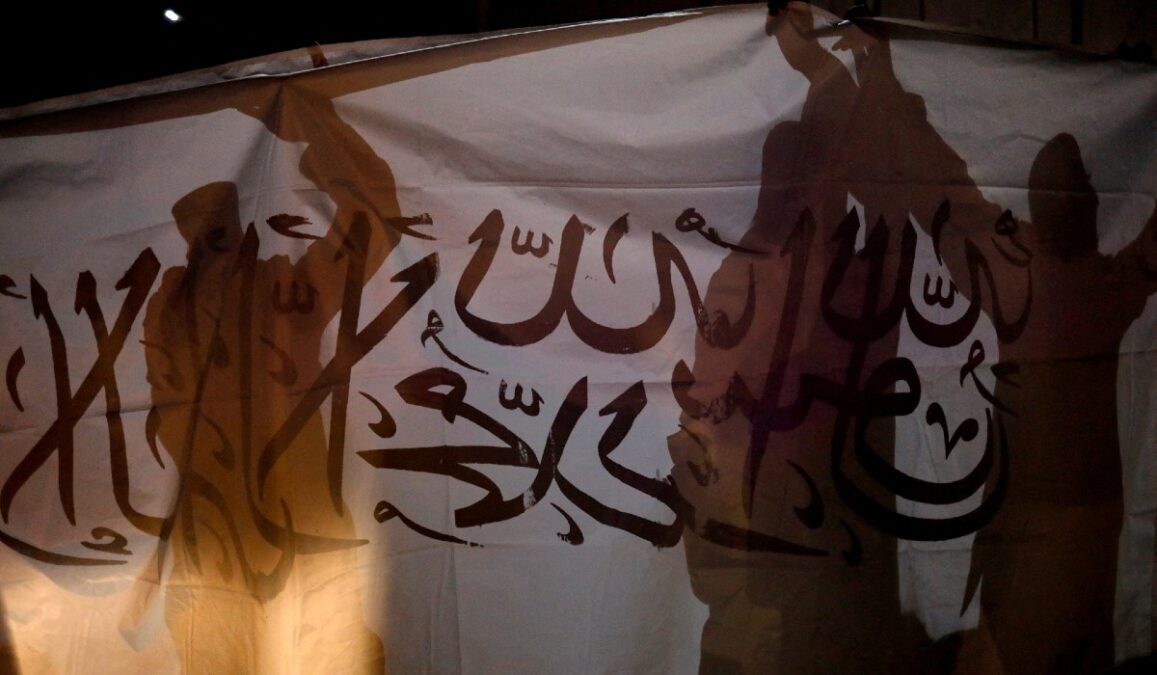KABUL, Afghanistan — The Taliban-run Arg, formerly the presidential palace, has ceased posting images of living beings on its social media platforms, adhering to a recent directive prohibiting the broadcast and filming of such visuals.
Instead, its updates now consist solely of text describing the daily activities of Taliban officials, accompanied by the group’s flag.
The policy, enforced by the Ministry for the Promotion of Virtue and Prevention of Vice, is part of a growing set of restrictions under the Taliban’s interpretation of Islamic law. While some officials have adhered strictly to the directive, others continue to appear in media footage, exposing what analysts see as internal divisions within the group.
Key Taliban leaders, including Mullah Hassan Akhund, the Taliban’s chief minister, and several acting ministers, such as Neda Mohammad Nadeem of Higher Education and Habibullah Agha of Education, have refrained from appearing in public footage since the law’s introduction.
However, prominent figures like Mullah Abdul Ghani Baradar, the deputy chief minister for Economic Affairs; Amir Khan Muttaqi, the acting Minister of Foreign Affairs; and Mohammad Yaqoob Mujahid, the acting Minister of Defense, continue to feature in images and videos.
This inconsistency has drawn scrutiny, with some analysts interpreting it as a sign of discord within the Taliban. “The selective enforcement of such decrees reveals internal disagreements. Many Taliban officials doubt their leader’s directives can be fully implemented under current circumstances,” said Akhtar Mohammad Rasikh, a political analyst.
The ban on visual representation of living beings has not only affected government communication but has also put pressure on Afghan media outlets. Visual media in provinces such as Kandahar, Takhar, Helmand, and Nangarhar have faced mounting restrictions, with some forced to halt operations entirely.
Critics warn that the policy is isolating Afghanistan further on the global stage. “Such decrees make it harder for the Taliban to establish political and diplomatic relations,” Rasikh added.
The law has been met with growing frustration among Afghan citizens, many of whom feel increasingly oppressed by the Taliban’s expanding restrictions.
“Life has become very difficult for us. The laws are increasing every day, and the Taliban’s enforcers implement them strictly,” said Sadaf, a Kabul resident. “Wherever we go, we are questioned as if we are criminals. We don’t know what to do or where to seek refuge.”
Despite the criticism, the Ministry for the Promotion of Virtue and Prevention of Vice has insisted on the full implementation of the directive, calling it a “religious obligation.” “We insist on the full implementation of this law. It is a duty,” said Saifuddin Khyber, the ministry’s spokesperson.
The Taliban’s leader, Hibatullah Akhundzada, approved the law, which was codified by the Justice Ministry. Implementation began in Kandahar and has since spread to other provinces, reinforcing the group’s vision of governance.
However, the policy is seen by many as yet another measure that distances Afghanistan from the global community. Analysts warn that such restrictions will not only alienate potential allies but also deepen the struggles of the Afghan people under the Taliban’s rule.





